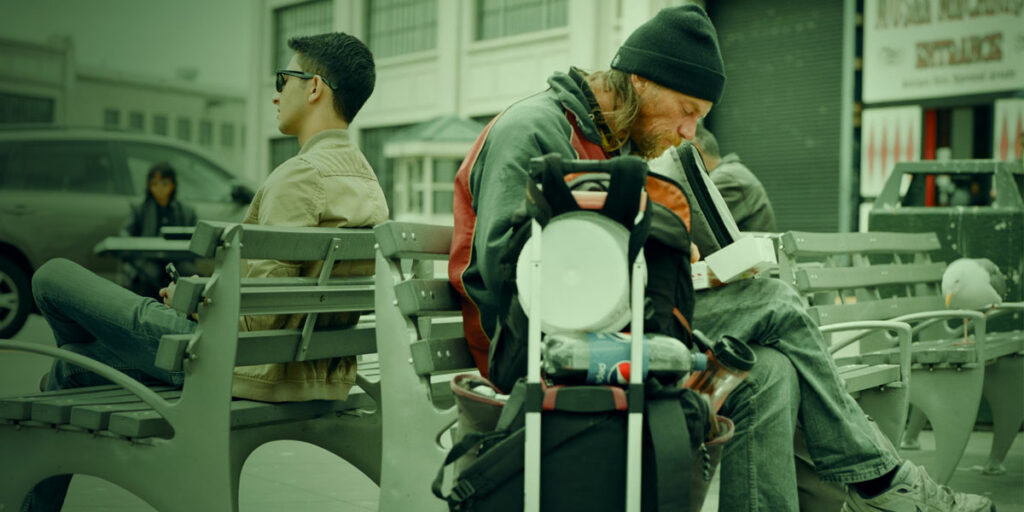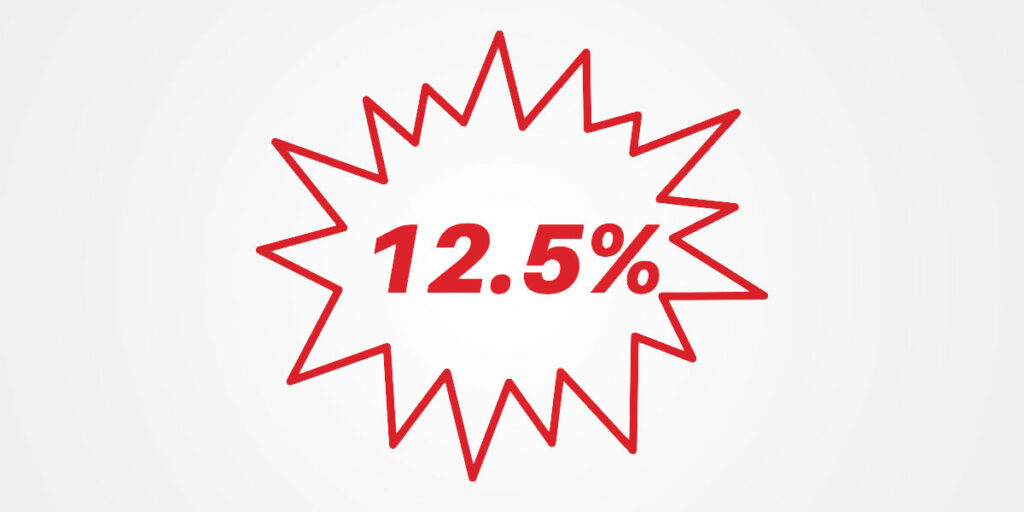Every general election, voters decide ballot initiatives on social and economic policy. These often produce inconsistent results. Last November, Californians voted in favor of economic freedom while Florida voters increased the state’s minimum wage.
California consistently sits near the bottom of the Fraser Institute’s state economic freedom rankings (47th in 2020). Its economic policies have been driving out-migration. Land use and zoning restrictions render housing construction very difficult in California’s most popular cities, resulting in sky-high rents and home prices. According to Business Insider, average monthly rent for one-bedroom apartments in 2019 was $2,400 per month in Los Angeles and $3,600 in San Francisco.
Some California cities have responded with rent control. Yet, high rents are merely a symptom of the government-created shortage. In November, California voters approved Proposition 21, rolling back many communities’ rent control powers.
California voters also gave ridesharing companies Uber and Lyft a reprieve. A 2019 state law required reclassification of independent contractors as employees. Uber and Lyft consider their drivers as contractors, in part to avoid costly mandated benefits for employees. The companies threatened to leave California and launched Proposition 22 to overturn the law.
Florida ranks second in Fraser’s 2020 state index, trailing only New Hampshire. Its minimum wage is currently $8.56 per hour, slightly above the federal minimum wage of $7.25. The initiative amended the state’s constitution to raise the minimum wage to $15 by 2026.
Voters in these cases bucked state lawmaking. This illustrates the influence of interest groups in representative democracy. Liberal interests dominate California’s legislature, while Florida’s state government is regarded as business friendly. Dominant interest groups can control the legislative agenda, passing or blocking laws contrary to voter preferences.
Would greater reliance on ballot initiatives improve economic policy then? Not necessarily, due to voters’ incentives. Economic policy referenda provide examples, I think, of what Geoffrey Brennan and Loren Lomasky term “expressive voting.”
A fundamental challenge public choice economics identifies for democracy is the small impact one person has on political outcomes. An individual casts one vote or speaks with one voice to elected officials. In a community of thousands (or a nation of millions), one vote or voice must statistically be unlikely to determine policy outcomes. Seventy-four million Americans voted for President Trump in November, yet Joe Biden will be their president.
By contrast, our marketplace choices are almost always decisive. If you go to McDonald’s and not Subway and then order a Big Mac, this is what you get. We decide which job to take and where to live.
The disconnect between political actions and outcomes has consequences. One is reducing turnout – why take the time to vote if it will not change an election’s outcome? Another is reducing voters’ incentive to learn about candidates or issues, what is called rational ignorance. Professors Brennan and Lomasky contend that people frequently vote to express their feelings. People might demonstrate their environmental concern by voting for recycling. Whether recycling truly improves environmental quality is a complicated question. But since one vote will likely not decide the referendum, expressing oneself costs very little.
Florida’s minimum wage hike looks very much like expressive voting. The economic effects of a minimum wage follow from how markets determine wages. Employee compensation depends on the value of production, or what is called the value of the marginal product. A business cannot to afford to pay a worker generating $10 an hour more than that. Competition for employees then pushes wages and salaries up to this level: a clinic paying nurses half the prevailing salary will have difficulty hiring.
Living on $10 an hour (or less) is undoubtedly challenging. Yet the problem is a lack of marketable job skills. Education, training and work experience can build job skills; raising the minimum wage improves no one’s skills.
Voting works best when citizens face clear alternatives. Elections are not good for soliciting feedback on complex questions. Inconsistent referendum outcomes should not be a surprise, and we should never read too much into the results.
Daniel Sutter is the Charles G. Koch Professor of Economics with the Manuel H. Johnson Center for Political Economy at Troy University and host of Econversations on TrojanVision. The opinions expressed in this column are the author’s and do not necessarily reflect the views of Troy University.













